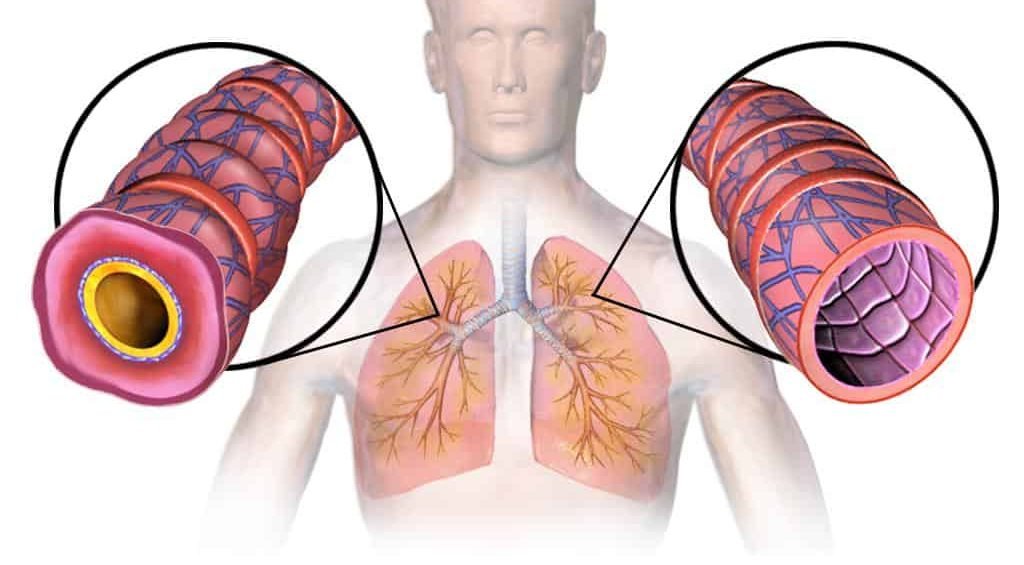While the exact reasons why some people develop asthma and others do not remain unknown, it’s widely recognized that both genetic and environmental factors contribute. Genetics play a significant role as asthma tends to run in families. Furthermore, exposure to allergens, specific irritants, or viral infections during infancy or early childhood, when the immune system is still developing, has been linked to asthma.
Each person may have distinct triggers that can induce an asthma attack, which may include:
- Airborne allergens (such as pollen, dust, spores, and pet dander)
- Respiratory infections (like the common cold)
- Physical exertion
- Air pollutants
- Certain medications (including beta blockers, aspirin, anti-inflammatory drugs, and ibuprofen)
- Stress
- Preservatives and sulfites
- Gastroesophageal reflux disease (GERD)
The presence of asthma is often associated with these triggers. Identifying your personal asthma triggers is essential for effective management. Once identified, you can collaborate with your healthcare provider to take the necessary steps to mitigate your asthma symptoms.
Can asthma cause chest pain?
Yes, chest pain can indeed be a result of an asthma attack. Symptoms such as coughing, shortness of breath, and wheezing can cause some individuals to experience chest tightness and pain. The chronic inflammation of the airways caused by asthma can make breathing increasingly difficult.
This symptom is particularly common immediately before or during an asthma attack. The pain may manifest as a throbbing sensation or a dull ache, and many patients describe it as feeling like a heavy weight pressing down on their chest.
Can smoking cause asthma?
Absolutely, cigarette smoke is a common asthma trigger. Smoking tobacco, or even exposure to secondhand smoke, is harmful to everyone but is especially detrimental to those with asthma.
Regardless of your age or history of smoking, quitting tobacco can significantly reduce your risk of developing asthma. Benefits begin almost immediately, as your lungs start to heal and expel the toxins from tobacco, leading to an improvement in your asthma symptoms in just a few days.
Can allergies cause asthma?
Yes, there is a well-documented connection between asthma and allergies. Allergens such as pollen, dust mites, and pet dander, which cause hay fever, may also trigger asthma. Additionally, skin and food allergies—such as allergies to seafood and peanuts—can also lead to asthma attacks in some individuals.
